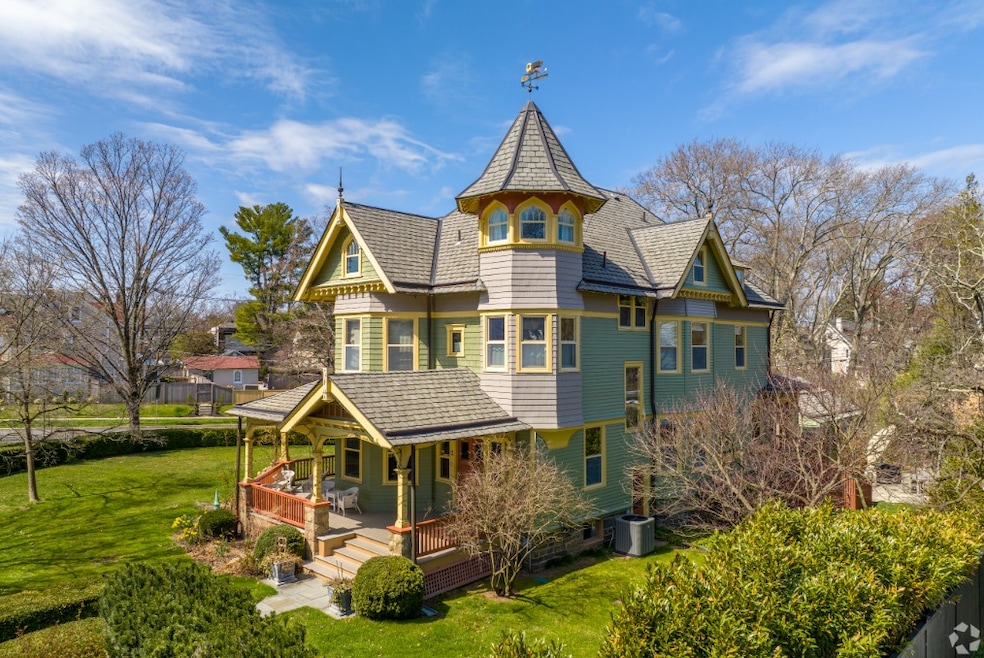New rules governing how someone sells a pricey home in New Jersey took effect today, and the new legislation has drawn intense opposition from Garden State real estate agents.
Gov. Phil Murphy signed the 2026 state budget on June 30, and within that, he also approved amendments to laws on real estate transfers. In 2004, New Jersey enacted its Supplemental Fee to the Realty Transfer Fee — also known as the "mansion tax." Under it, anyone who buys residential real estate priced at $1 million or more must pay a fee equal to 1% of the sale price.
The changes that took effect today shift the cost to the seller and institute a graduated fee:
- 1% for a property sold for $1 million to $1.99 million
- 2% for a property sold for $2 million to $2.49 million
- 2.5% for a property sold for $2.5 million to $2.99 million
- 3% for a property sold for $3 million to $3.49 million
- 3.5% for a property sold for $3.5 million or more
State Assemblywoman Verlina Reynolds-Jackson and State Senator Benjie Wimberly, two Democrats, sponsored the bill that changed the tax structure. Reynolds-Jackson and Wimberly declined to comment on the changes, their press secretaries told Homes.com.
Agents call law 'deeply flawed'
The real estate industry has been vocal in opposing the law and the changes, arguing that it unfairly targets sellers of high-priced homes. New Jersey Realtors, the state's agent association with 55,000 members, has been talking to lawmakers in an effort to repeal parts of the legislation or eliminate it.
New Jersey real estate agents believe the law is "deeply flawed and overly punitive," the association said.
“We fought relentlessly to blunt the impact of this proposal and reduce the number of New Jerseyans it would affect,” Doug Tomson, association CEO, said in a statement Wednesday. “It was a bad policy when it was introduced, and it remains bad policy today. It sought only to harm the housing market, which has seen no real stability since 2020.”
Some sellers are holding off listing their homes while others are raising their prices just to offset the fee, Tomson told Homes.com. Agents have also noticed an uptick in contracts being delayed to negotiate price and terms further, he said.
That means agents are already "seeing the consequences reverberate through the market" even though the changes didn't take effect until Thursday, said Kathy Morin, the association's president.
Such fees are more common now
To be sure, other states also have a mansion tax — including Connecticut, Hawaii, New York, Vermont and Washington — with varying percentages attached to the sale price.
The mansion tax change comes as New Jersey deals with a slew of housing challenges. For example, New Jerseyans pay the nation's highest effective property tax rate, a Homes.com analysis found. Bergen and Essex counties bear the brunt of those costs.
Individual towns also face a 2035 deadline to build more affordable homes under a housing policy state lawmakers approved last year. Collectively, New Jersey municipalities need to build nearly 85,000 affordable homes and renovate 65,000 existing properties.


